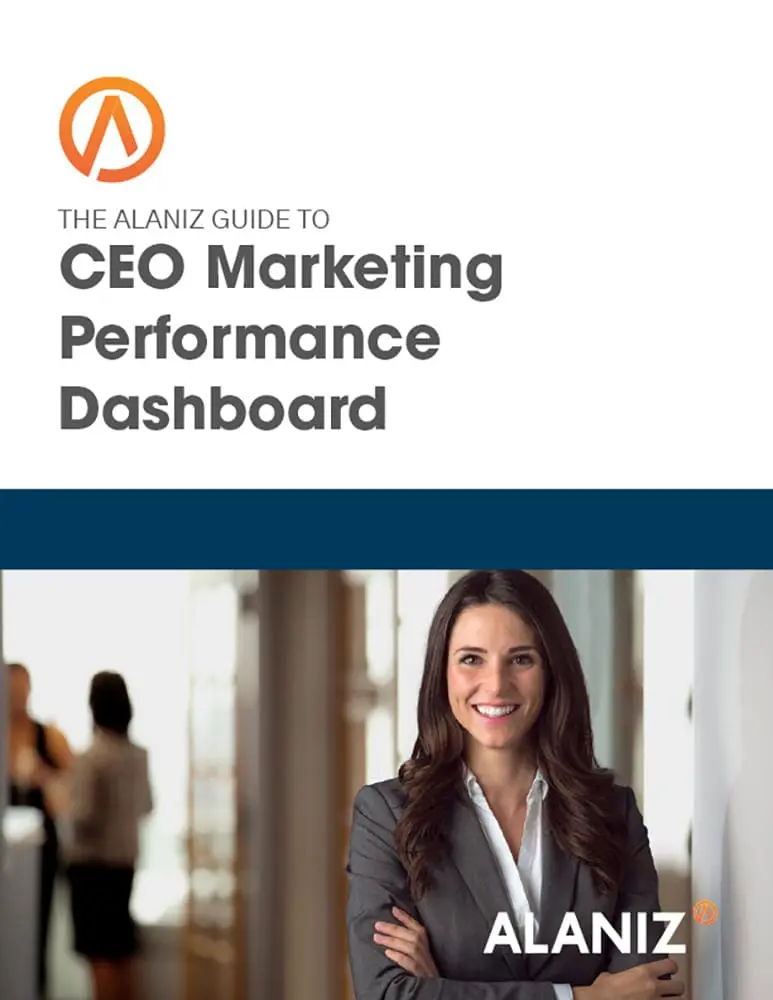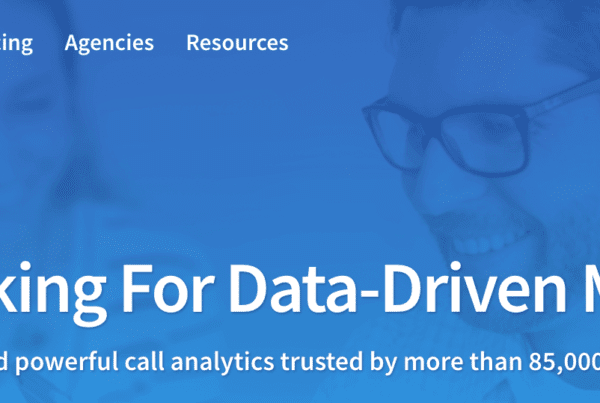Inbound marketing is becoming the norm, especially for businesses with products that involve what’s called a “considered purchase.” This means that it’s the type of product or service that people will do some research on before buying. OK, maybe that’s everything. Today, just about all of the research is done online. Gone are the days, for example, of visiting multiple showrooms before buying a car. People go online, research everything from customer reviews to the prices paid for vehicles. They don’t contact a dealer until they are ready to make a deal, and the customer is in control of the pricing.
Inbound marketing is about engaging people as they research a product, and helping them find the right solution for them. It won’t always be your product of course but, done right, you can create a website, lead generation and lead nurturing program that automates the process of attracting the right searchers to your website, converting visitors into leads and converting leads into customers.
It’s not easy. There are lots of agencies and products out there offering to help you with all or part of the inbound marketing process. We’re one of them, and we know we’re not right for everyone, either, whether because of a company’s budget or business. Here are some questions you should ask an agency and yourself when considering getting help with inbound marketing.
- Are you dabbling or all-in? There are firms and products that will help with pieces of an inbound marketing program. For example, some marketing companies specialize in SEO and helping companies rank higher for relevant search terms. That’s great, but just getting found online isn’t enough. But that’s just part of inbound marketing, and some would say a small part. Yes, successful inbound marketing starts with web pages that are optimized for the search terms your customers use. Then comes frequent publishing of new content around new keywords that will help you rank higher and be there when people search for the types of solutions you offer. Then you need the calls to action, the content offers, and the email outreach to generate leads to your new visitors and existing contacts. Finally you need workflows that will automate the lead generation, nurturing, qualification and handoff to sales. This is where you get a full “closed loop” inbound marketing program. It’s a big commitment. In our experience, the companies that are really successful with inbound marketing view it as a way of doing business that requires a significant investment and continuous improvement. Doing it part-way is rarely successful.
- Does the firm just talk about marketing or do they connect it to sales? This is a big one. The beauty of online marketing in general, and inbound marketing in particular, is that it is exceptionally measurable and all the tools are there to track marketing’s impact on sales. An agency should ask you about your sales goals, the size of your average purchase, the length of the sales cycle, where your best leads come from and develop a plan to grow sales and leads, not just leads. They should relish accountability, because they know that, armed with the right information from you, they can impact traffic, leads and sales. They should also want to talk to your sales team and understand what makes for a qualified lead, understand their view of an ideal customer and what they care about.
- Do you want a consultant or an order taker? A consultant is typically a person or firm that you hire because they know how to do something you don’t. An order taker is someone you tell what do because you know what to do at least as well or better than they do. When it comes to inbound marketing, there are both consultants and order takers. Ask yourself which you want, and ask any firm you talk to how they view themselves. In most cases, companies turn to inbound marketing firms because they know they should be leveraging the Internet for lead generation and search traffic, but they don’t know what to do. However, some may have a marketing director or manager that is experienced with inbound marketing but needs additional resources to execute campaigns. That company may want an order taker. The difference is that a consultant advising on strategy and implementation is more accountable for results; with an order taker the company marketing manager is accountable for results. If you need a consultant, don’t hire an order taker–they will do what you tell them but it may not be the best use of your resources. A consultant will ask you a lot of questions and even redirect you to a strategy that will be more likely to succeed based on their experience.
- Who is doing the work? Inbound marketing requires experience, if not expertise in a few areas–website design, website development, search engine optimization (SEO), content creation and delivery, and automation and analytics. Some firms excel at all of these disciplines, some outsource portions. It is important for you to know what the firm does in-house and what they might be outsource. It’s not a big deal to outsource parts of a marketing program. It’s not uncommon for an agency to have relationships with other firms that compliment their skills for specific clients–a different designer might be better for a B2C ecommerce site than would work for a B2B construction company, for example. But you need to be aware of the firm’s qualification process for subcontracting work. If they are sending out parts of the project to the lowest bidder in their network or contacts, you might not be well served.
- Can they pull other programs into an inbound framework? Yes, inbound marketing is about generating web traffic and converting that traffic to leads and sales. But inbound marketing can also make digital advertising, PR, trade shows and other marketing activities much more powerful and effective. After all, these are all ways of generating traffic of some sort, whether to you website or do you telephones. You want your digital ads to link to landing pages and, increasingly, customers want to turn to websites before the telephone in response to traditional media ads as well. Press releases used to be used as SEO trojan horses, spiked with keywords to raise SEO rankings. The search engines are onto that trick now, and Google especially penalizes so-called “SEO press releases.” If a firm offers this as a service, run don’t walk.
- Beware of false promises. Inbound marketing is all about connecting people that have specific problems with the companies and products that can solve them. Not every product can solve every problem. You can’t turn a screw with a hammer, for example. Not every marketing agency can help every company. If a firm promises results before knowing much about you, that should be a red flag. Sure, they can say what their typical customer achieves, but they should also be able to tell you the kind of company they are best able to help–and then determine if there is a fit with your company.
- Do they have a culture of continuous improvement? If you’re just starting to implement inbound marketing, there’s going to be a learning curve. You’re going to learn what your target audience responds to, how they search, how they articulate their problems and how to best engage them in problem solving process. No firm will have a rock solid plan ready to go for every business. But they should have a process in place to start, measure, learn and adjust. In fact, they should be doing this in their own marketing as well–continuously learning and adjusting. One of the tools we use for continuous improvement is Agile project management. It’s a way to organize our own work that invites constant feedback and accountability for continuous improvement.
We love inbound marketing because it is respectful to customers and rewards quality and authenticity. You’re really trying to find the people who are looking for you. You’re not trying trick people into buying something they don’t want or need. Done right, it can help companies grow faster and smarter, leveraging efficiencies at Internet speeds and streamlining the relationship between marketing and sales. To do it well does require an investment–in people, software platforms or both, but the good news is that the ROI is extremely visible so that you’ll know the value of your investment.




